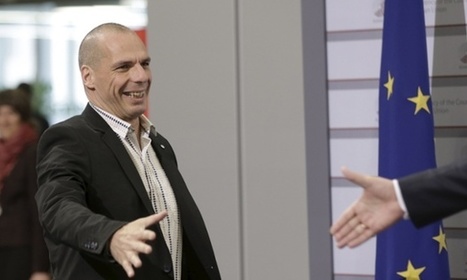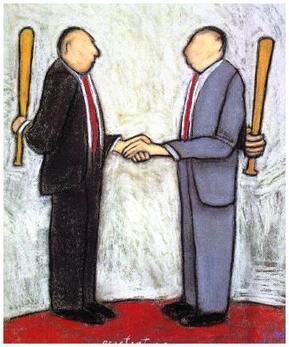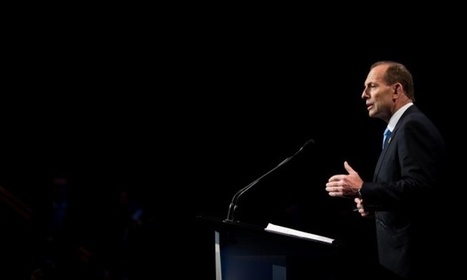Many ideas within a company are crushed because of “politics and risk management,” - what does this suggest for suppliers to that company?
Research and publish the best content.
Get Started for FREE
Sign up with Facebook Sign up with X
I don't have a Facebook or a X account
Already have an account: Login

Every time you seek to influence another party, you are negotiating. You Win Work by influencing & negotiating well before the formal negotiation over contract terms. e.g. to improve your position in pre RFT Capture; to shape client requirements; to plan & prepare winning proposals...
Curated by
Jeremy Pollard
 Your new post is loading... Your new post is loading...
 Your new post is loading... Your new post is loading...

Nigerian Institute of Chartered Arbitrators's curator insight,
May 9, 2017 8:22 AM
Negotiation Strategy: Six Common Pitfalls to Avoid | Stanford Knowledgebase |

Nigerian Institute of Chartered Arbitrators's curator insight,
May 9, 2017 5:31 AM
Outsmart Your Next Angry Outburst

Nigerian Institute of Chartered Arbitrators's curator insight,
February 15, 2017 2:34 AM
Your A to Z Guide To Influence, Persuasion and Negotiation

Nigerian Institute of Chartered Arbitrators's curator insight,
May 9, 2017 5:35 AM
Your A to Z Guide To Influence, Persuasion and Negotiation

Nigerian Institute of Chartered Arbitrators's curator insight,
May 9, 2017 8:21 AM
A New Hat for Negotiators |
































Many ideas within a company are crushed because of “politics and risk management,” - what does this suggest for suppliers to that company?
In this series of articles read by procurement professionals, there are clues for the potential partnerships and alignments of interest between procurement and the the suppliers they work with.
The common ground that exists between an organisations leadership, including their CFO (and their procurement executives) and their partners/suppliers is simple.
Change is hard. Many (most?) organisations experience what Chris Lynch describes - the challenges of getting up a successful 'case-for-change'.
In working for both buyers and sellers, I've found the best deals, the fastest deals are where both parties understand and agree on both the obvious or stated/public issues, but more importantly the less obvious, usually unstated issues around politics & risk.
e.g. "Two heads are better than one" - but you have to trust the other party before you will share the more sensitive, often relatively confidential 'under-the-iceberg' political or risky aspects of decisions.
Building relationships that engender that level of trust takes time, and commitment. And it has nothing to do with a supplier having a better solution, or price.
Of more value, is a partner/supplier track record of co-creating viable 'case-for-change' projects with solid benefits realisation for industry peers.
As Chris's comments unfold, consider how much, or how little you know of your customers politics and risk assessments for changing the status-quo - and what you have done, or offered to help with these...